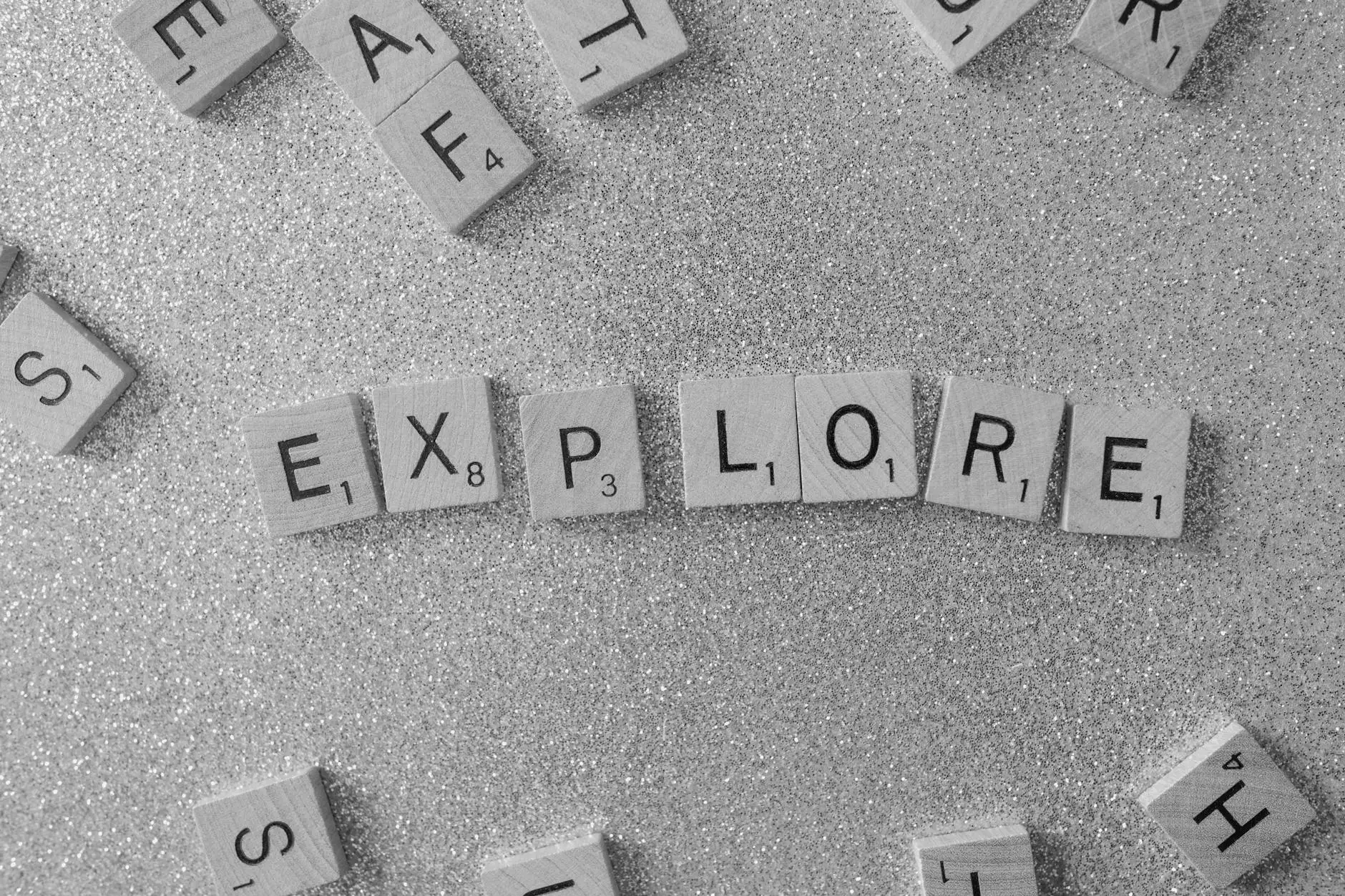Understanding Quality Fake Documents: A Comprehensive Guide

In the modern world, the term quality fake documents may conjure images of counterfeit IDs, forged certificates, and unauthorized travels. However, in certain contexts, the creation and usage of such documents can be seen from different angles. In this article, we will explore the variety of scenarios in which these documents come into play, the implications of their use, and how they intersect with legal services.
What Are Quality Fake Documents?
The phrase quality fake documents refers to documents designed to look authentic, often made with high levels of precision and detail. They are produced for a variety of purposes, which may be legitimate or illegitimate. While these documents may be manufactured to mimic official paperwork such as:
- Birth certificates
- Passports
- Driver's licenses
- University diplomas
It's important to differentiate between ethical uses of such documents and fraudulent activities that can lead to severe legal consequences.
Legitimate Uses of Quality Fake Documents
Not all instances of quality fake documents are rooted in deceit. Various scenarios highlight the legitimate need for high-quality replicas:
1. Training and Simulation
In law enforcement or security training programs, quality fake documents can be utilized to prepare personnel for real-life scenarios. By simulating situations with realistic documents, trainees can learn to identify forgeries and handle fraud-related incidents effectively.
2. Film and Entertainment Industry
The entertainment industry frequently utilizes quality fake documents to enhance the authenticity of their productions. From creating fake IDs for background actors to reproducing historical documents for films, these replicas allow creators to maintain realism while ensuring compliance with legal standards.
3. Art and Collectibles
Art collectors may also seek quality fake documents to accompany replicas of historical pieces. This is not to mislead buyers, but rather to enhance the storytelling behind the artwork. Providing a well-crafted replica certificate can significantly increase the value of art pieces.
The Risks and Legal Implications of Using Fake Documents
While there are valid uses for quality fake documents, it is crucial to understand the legal ramifications associated with their creation and use. Engaging in illegitimate practices can lead to serious legal consequences, including:
- Criminal charges
- Fines and penalties
- Imprisonment
- Loss of professional licenses
Real-World Legal Cases
Numerous reported cases exemplify the severe repercussions tied to the use of counterfeit documents:
- Fraudulent College Degrees: Individuals have faced charges for submitting fake diplomas to gain employment, resulting in job loss and criminal records.
- Counterfeit Identification: Usage of fake ID can lead to arrests, fines, and long-lasting implications on one’s personal and professional life.
- Immigration Fraud: The submission of fake passports or visas can culminate in deportation and bans from future entry.
Finding Balance and Working with Legal Services
Understanding the nuances of quality fake documents extends to recognizing when to seek legal advice. Legal services can help individuals navigate complex situations, whether they are faced with using replicas for legitimate purposes or accidentally crossing legal boundaries.
Consulting Legal Experts
If you're considering the necessity of using replicas, the first step should always involve consulting with legal experts. They can provide guidance on what is permissible and the potential risks involved. Legal professionals can assist in the following ways:
- Document Review: Assess the legitimacy of the documents you plan to use.
- Legal Advice: Offer insights on local laws regarding document use and forgery.
- Risk Mitigation: Help develop strategies to minimize potential legal repercussions.
Legislation Surrounding Fake Documents
Countries have varying laws regarding the creation and usage of quality fake documents. Typically, legislation addresses issues such as:
- Document forgery
- Identity theft
- Fraudulent misrepresentation
- Legal penalties for violations
The Importance of Ethical Considerations
In the realm of quality fake documents, ethical considerations cannot be overstated. It is essential to evaluate the moral implications of creating or using replicas. Ethical frameworks should prioritize transparency and integrity, ensuring that any documents serve legitimate purposes.
Establishing Best Practices
For individuals and businesses that may require the use of replicas for valid reasons, establishing best practices is crucial. Consider the following guidelines:
- Always Clearly Disclose: Make it known that a document is a replica when necessary.
- Consult Legal Resources: Understand the legal boundaries before creating or using documents.
- Maintain High Standards: If producing replicas for legitimate use, ensure they are of high quality and comply with relevant laws.
Conclusion
The conversation around quality fake documents is multifaceted, blending legitimate usage, legal implications, and ethical concerns. By understanding the full spectrum of this topic, individuals can navigate their needs responsibly. Whether for training, entertainment, or art, there exists a valid context for replicas, provided they are handled within legal frameworks.
For assistance regarding legal services concerning documents, consider visiting myglobaldocument.com, where experts can guide you through the complexities associated with documents, ensuring compliance with the law and maintaining ethical standards.
quality fake documents








